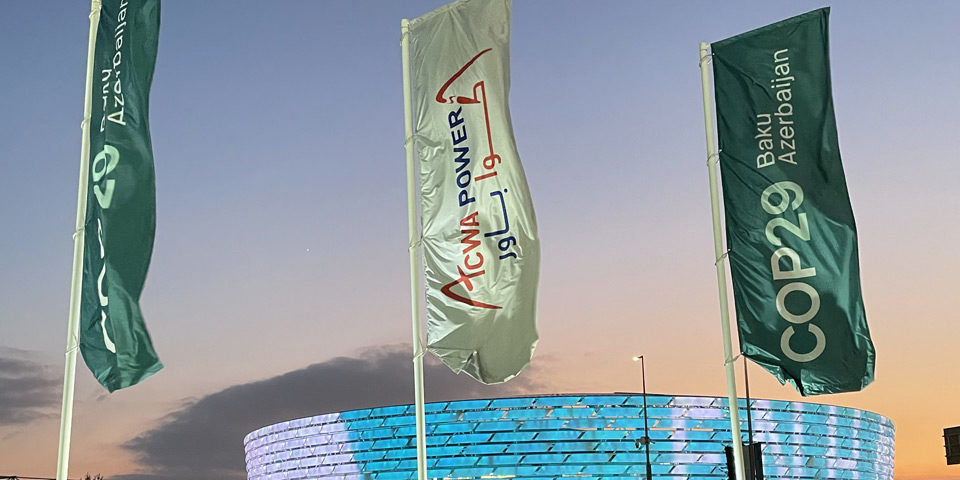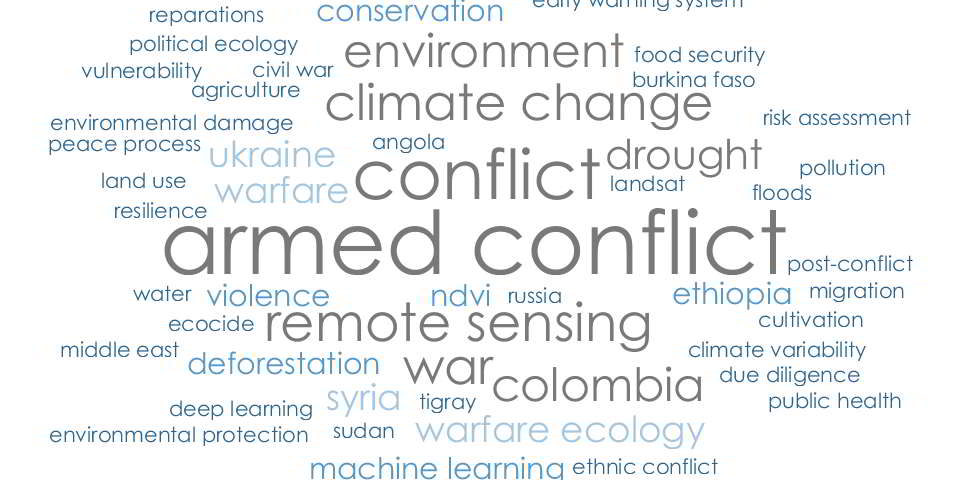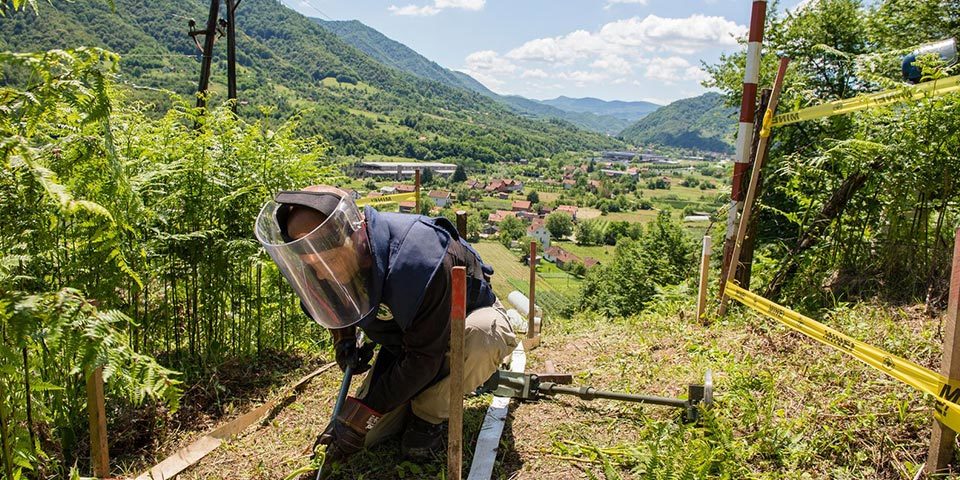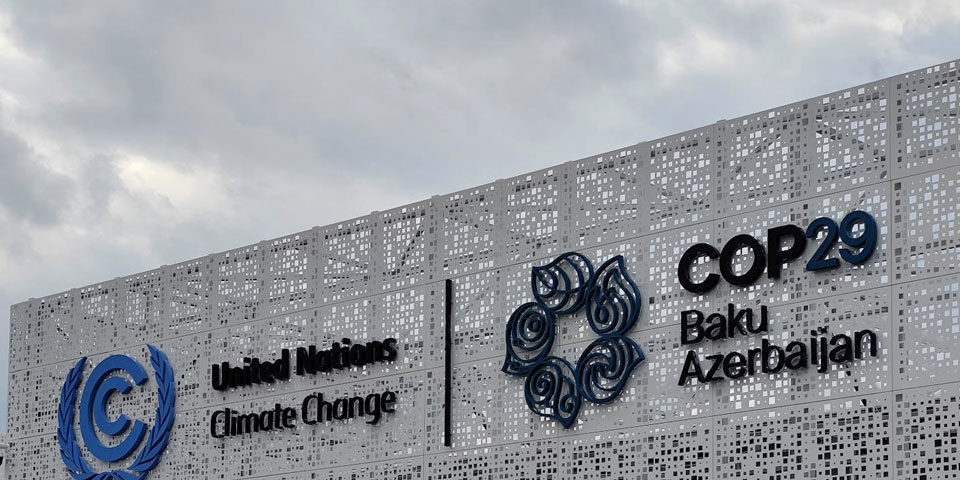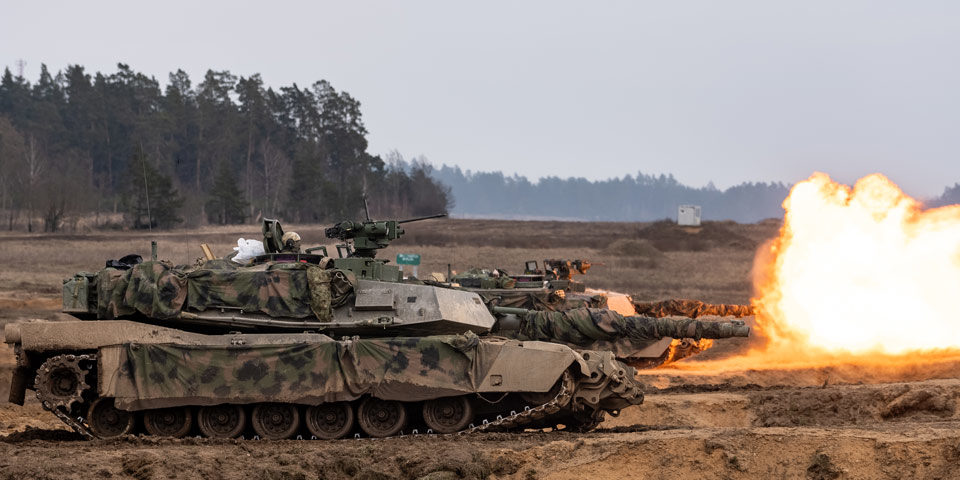Reflections on COP29: what price do we put on peace and security?
In many ways, peace and security had never enjoyed a higher profile than they did at COP29 in Baku and yet developed countries failed fragile and conflict-affected states. In this post Ellie Kinney takes stock of what happened at COP29 and looks ahead to COP30 next year.

